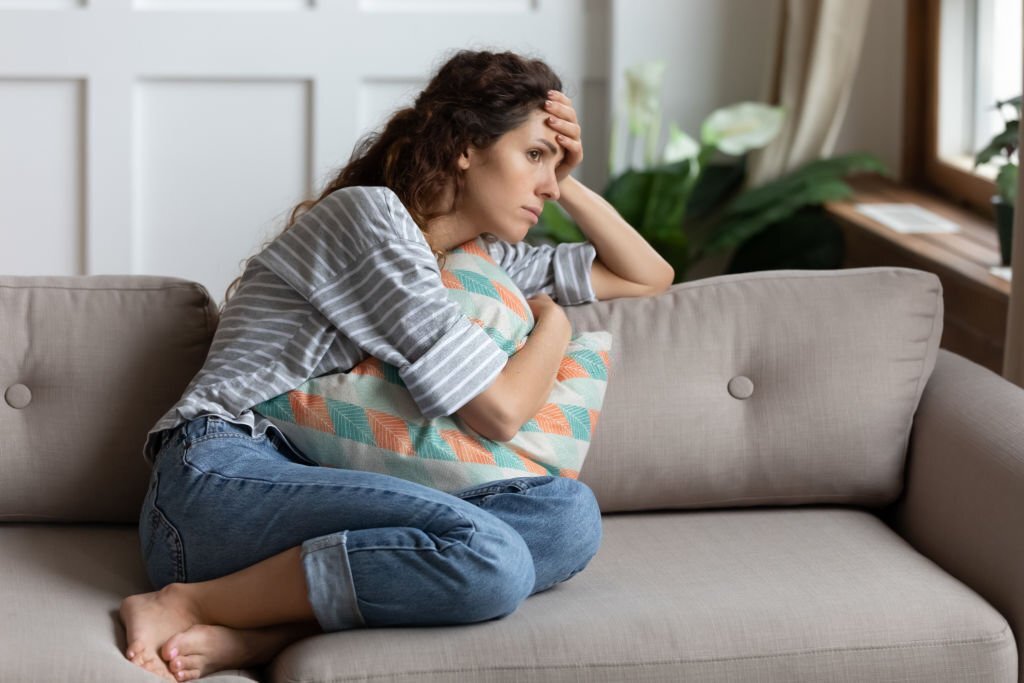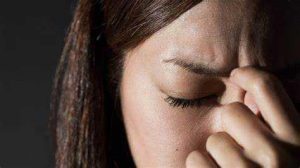Do you know the difference between anxiety and depression? Many people don’t, and that can lead to them getting the wrong treatment. In this blog post, we will discuss the differences between these two mental health conditions. We will also talk about how to get help if you think you may be suffering from one of them.
Anxiety and depression are two of the most common mental health conditions. They share some similarities, but there are also some key differences.
What is Anxiety?
Anxiety is a feeling of worry, nervousness, or fear. It can be mild or severe. For some people, it is a short-term response to a stressful situation. For others, it is a long-term problem that interferes with their daily lives.
What is Depression?
Depression is more than just feeling sad. It is a persistently low mood that can interfere with your daily life. Depression can make it hard to concentrate, eat, sleep, and enjoy activities you once enjoyed. It can also lead to physical health problems.
What are the Differences Between Anxiety and Depression?
There are several key differences between anxiety and depression:
Depression is more than just feeling anxious or stressed. It is a persistently low mood that can interfere with your daily life.
Anxiety can be caused by a stressful event, while depression is more likely to occur without an obvious trigger.
Depression can make it hard to concentrate, eat, sleep, and enjoy activities you once enjoyed. Anxiety may make it hard to focus or concentrate, but it does not usually interfere with eating or sleeping.
Depression is more likely to lead to physical health problems. Anxiety may cause physical symptoms, but it does not usually lead to physical health problems.
Here are a few of the most important ones:
Anxiety is often characterized by feelings of worry, nervousness, and fear. Depression, on the other hand, is characterized by feelings of sadness, emptiness, and hopelessness.
Anxiety can cause physical symptoms like a pounding heart, sweating, and difficulty breathing. Depression often causes physical symptoms like fatigue, headaches, and body aches.
Anxiety is typically treated with therapies like cognitive behavioral therapy (CBT) or exposure therapy. Depression is typically treated with therapies like CBT, interpersonal therapy, or medication.
Medications Needed For Depression & Anxiety
While there are many different types of medications used to treat anxiety and depression, there are some that are commonly prescribed.
For anxiety, common medications include:
benzodiazepines
beta-blockers
tricyclic antidepressants
For depression, common medications include:
selective serotonin reuptake inhibitors (SSRIs)
tricyclic antidepressants
monoamine oxidase inhibitors (MAOIs)
If you think you may be suffering from anxiety or depression, seek professional help. There are many resources available to help you get the treatment you need.
If you think you may be suffering from anxiety or depression, it’s important to seek professional help. A mental health professional can help you diagnose your condition and develop a treatment plan that is right for you.


